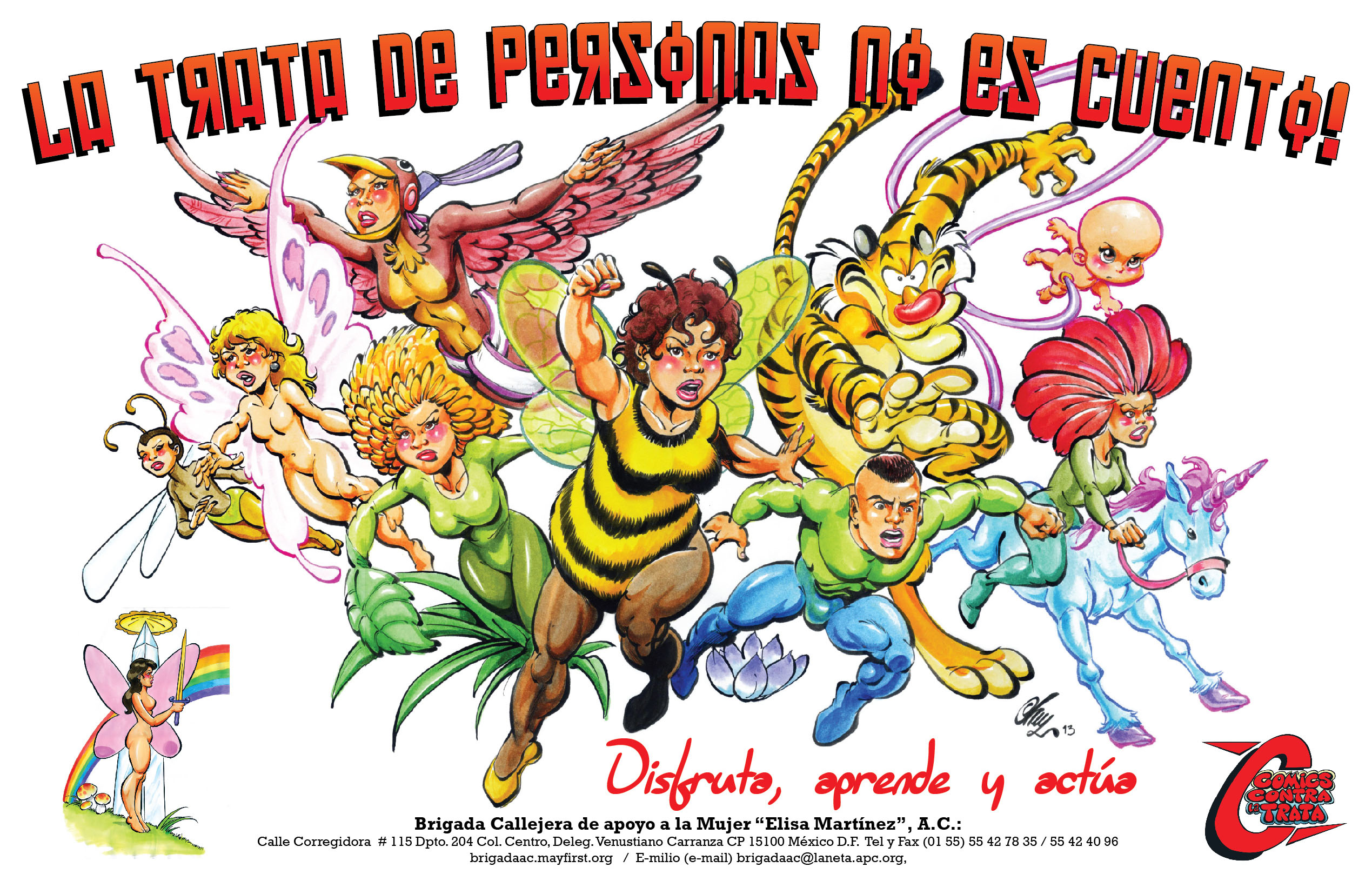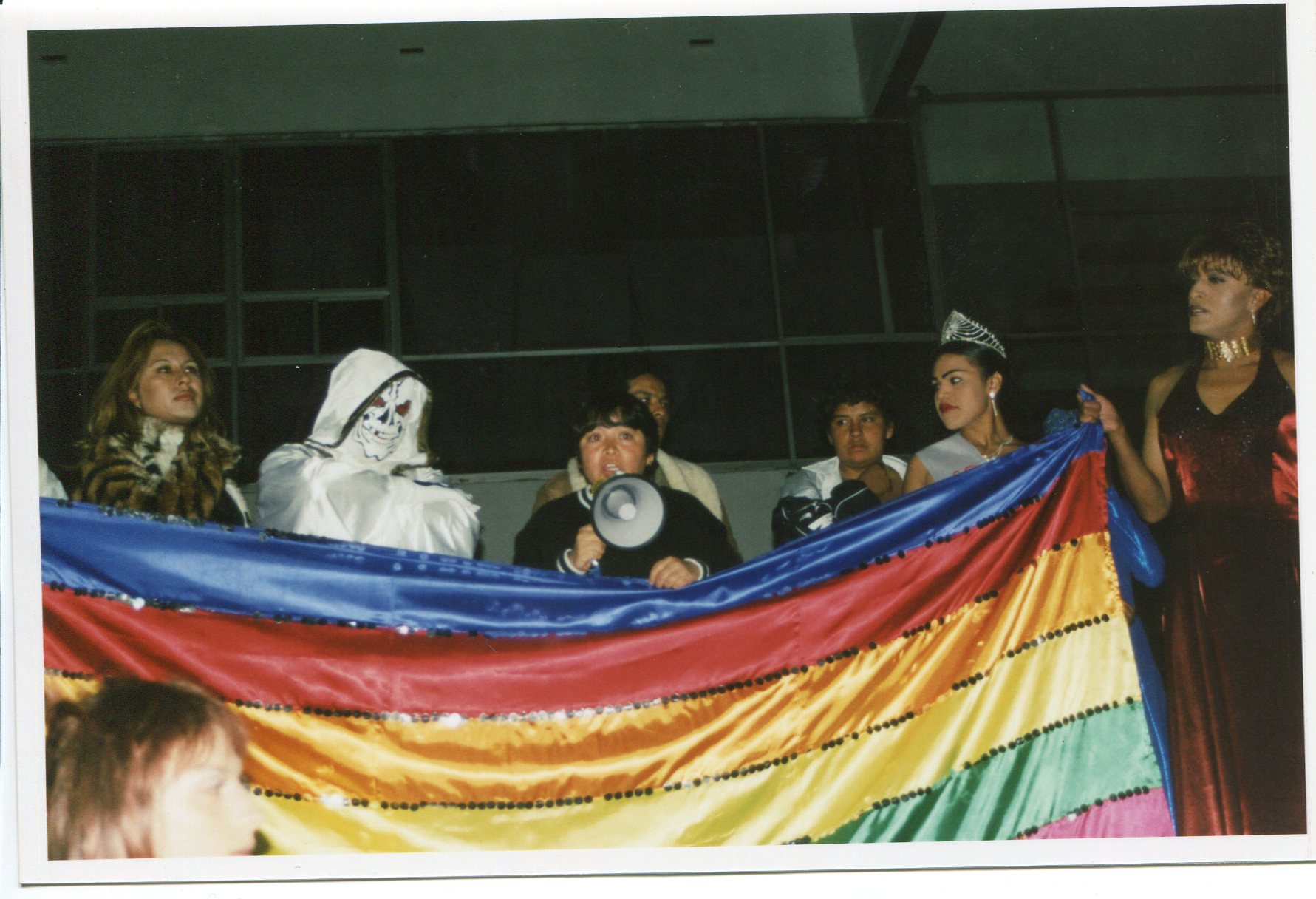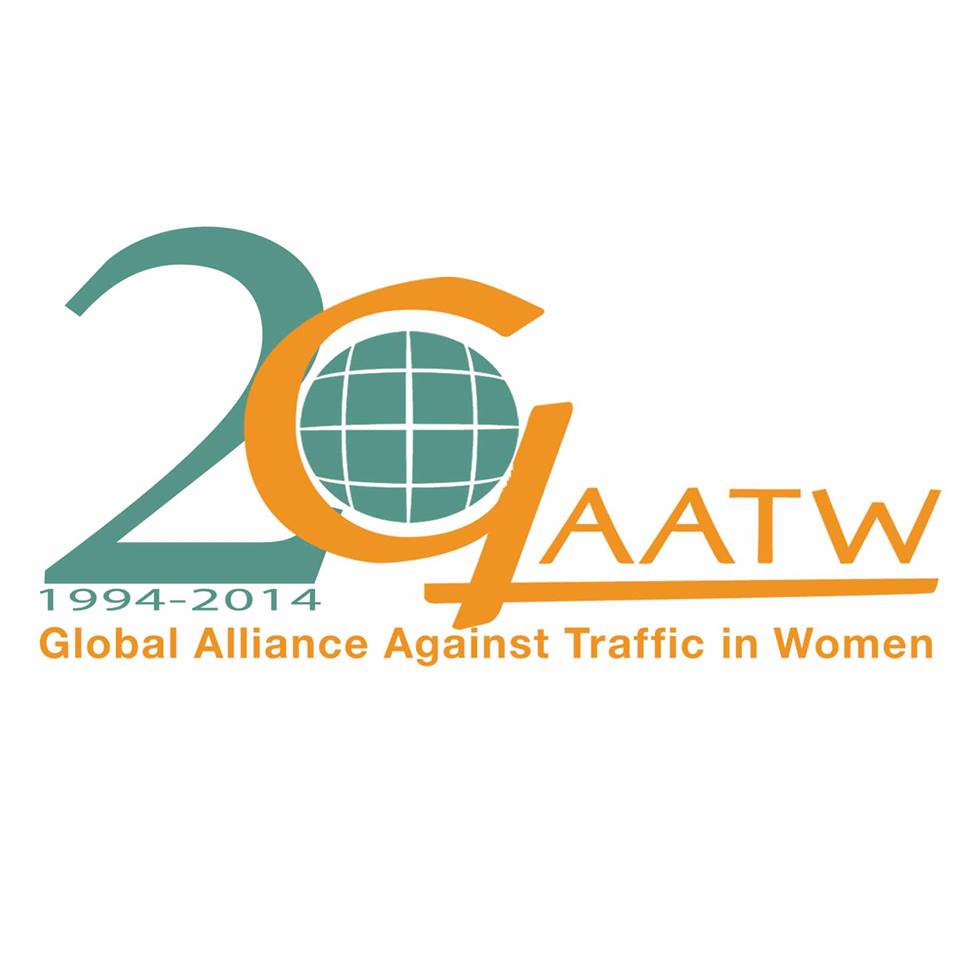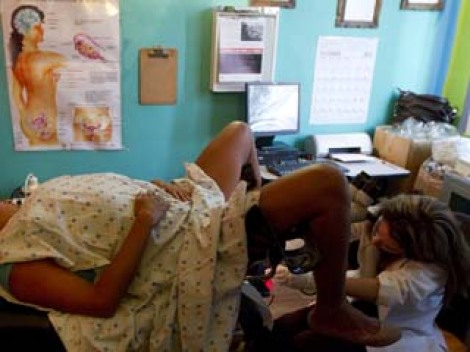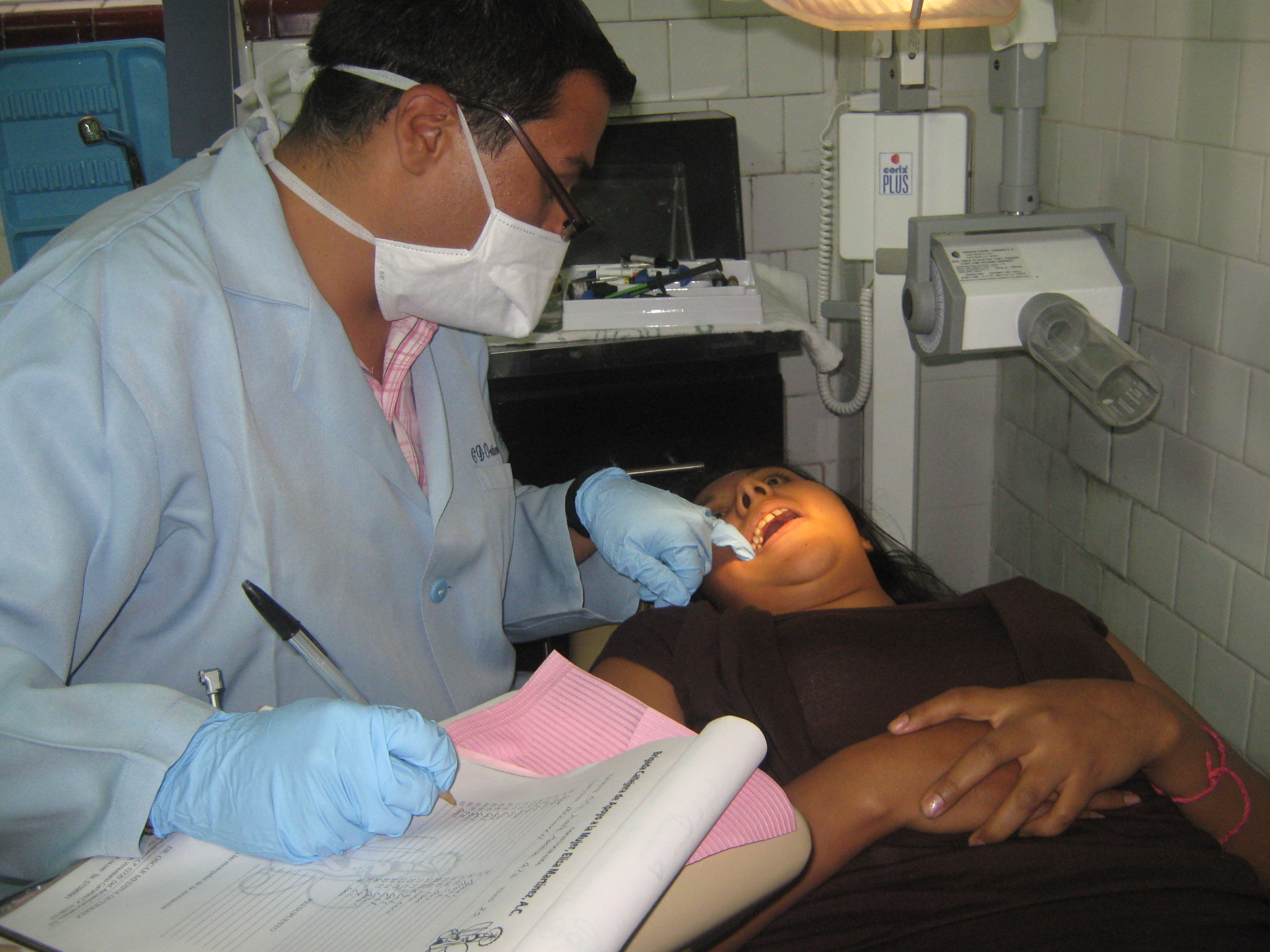
Mexico City Sex Workers — Poor Women Who Are Harassed by Police
By The Costa Rica Star – March 10, 2017
Crime SafetyHealthJobsMexico
http://news.co.cr/mexico-city-sex-workers-are-poor-women-trying-to-survi...
Mexico City, Mar 7 — “Damaris,” with lush black hair and inquisitive dark eyes, is a single mom who for the past four years has been a sex worker in Mexico City, fighting day by day against discrimination and police harassment.
“Police persecution is horrible. They say you’re a whore and almost treat you like an animal. They tell you ‘If you want to negotiate your freedom, what can you offer?’ You tell them you don’t have any money on you, so they go on, ‘How much do you charge in La Merced? Do you have any condoms? And how much for oral sex? And without a condom?'” the girl who calls herself Damaris told EFE
After 19 sex workers applied to the city government for credentials as non-salaried workers in 2007 and were turned down, the chief justice of the First Federal District Court for Administrative Matters, Paula Garcia, ordered the Labor Secretary in 2014 to award such credentials to sex workers.
However, Article 189 of the Mexican capital’s Criminal Code targets sex workers’ clients with a sentence from two to 10 years in prison plus fines for those who “exploit the body of another through the sex trade,” along with similar punishments for those who operate brothels or otherwise participate in the sex trade.
“A client is not the cause of sexual slavery. If clients are criminalized, the business will go even more underground,” Elvira Madrid, director of the Elisa Martinez Street Brigade for the Support of Women, told EFE.
She said that since the Brigade began 28 years ago – and which last year aided 7,500 sex workers – some women have unfortunately been forced into prostitution, though most who take up that occupation do so voluntarily.
For the activist, the General Law for the Prevention, Punishment and Eradication of Crimes of Human Trafficking, passed in 2012 and which links prostitution with exploitation, plus the closing down of tolerance zones where prostitution is permitted, have forced women “into dangerous areas, because the girls don’t stop working.”
One of the darker aspects of the trade is police persecution, since cops have been known to abuse their authority over women working illegally.
“La Suspiros” (literally, Sighs), now a 50-year-old housewife in Michoacan state and who was a sex worker in the Mexican capital for 30 years, has painful memories of police abuse.
“I remember from when I was a girl this van of anti-riot police, about 12 of them. They always came to where I was working and they all had sex with me without paying me. They said ‘If not, we’re going to lock you up because you’re walking around drugged,'” said La Suspiros, who finally managed to stop taking drugs after years of addiction.
Madrid said that sex workers generate almost 2 percent of Mexico’s gross domestic product, and though there are victims of sexual slavery, “there are women who do it day by day to survive,” and asked that people “not look at sex workers as objects, but as women struggling to survive.”
— By Paula Ericsson for EFE
- Inicie sesión o regístrese para comentar
